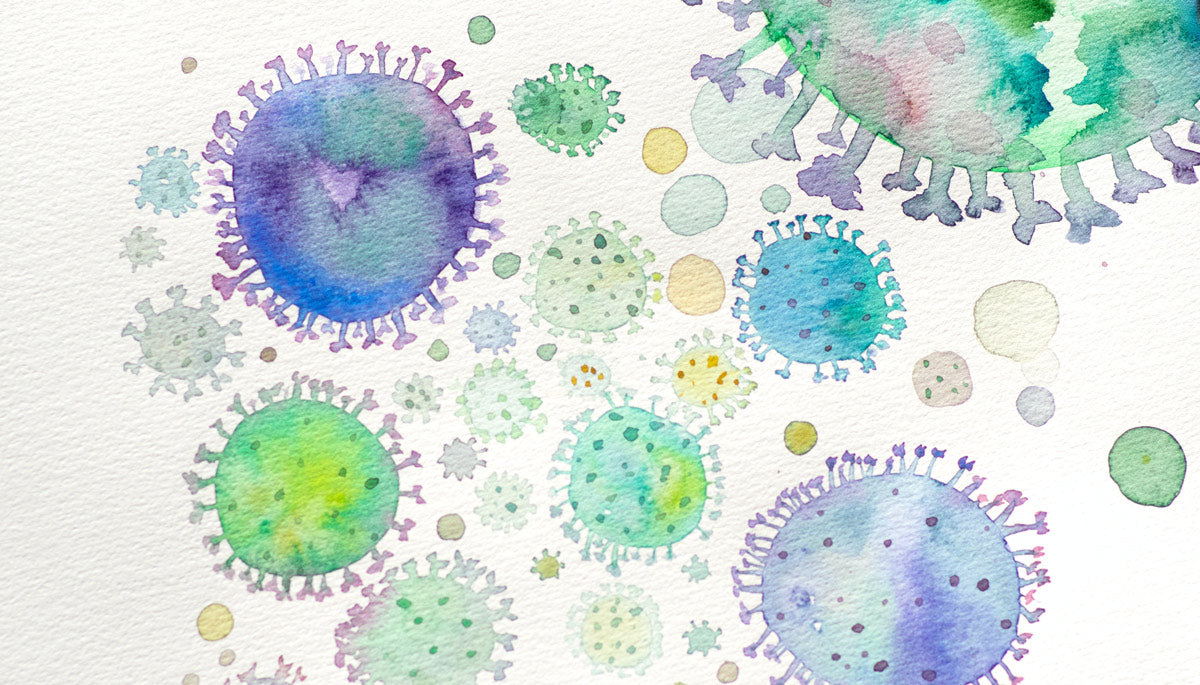Oral hygiene is a crucial aspect of our daily routine, and brushing our teeth is an essential part of it. But have you ever stopped to think about what lurks on your toothbrush?
Many people use disposable plastic toothbrushes without realizing that they can harbour a myriad of germs that can affect their oral health and overall well-being.
In this blog post, we'll delve into the world of disposable plastic toothbrushes and explore why they can be gross due to the germs they collect.
Germs Love Plastic
Disposable plastic toothbrushes are made from plastic—a non-biodegradable material.
This makes them prone to accumulating germs over time. When you use a disposable plastic toothbrush, it comes into contact with the bacteria, food particles, saliva, and other debris present in your mouth.
These germs can easily adhere to the bristles and handle of the toothbrush, creating a breeding ground for microbial growth.
Additionally, many people store their toothbrushes in the bathroom, which is often damp and humid, providing an ideal environment for germs to thrive. The moist bristles of a toothbrush can quickly become a breeding ground for bacteria, mold, and mildew, creating a disgusting and unhygienic situation.
Unlike disposables, Nada toothbrush’s sleek aluminum handle rinses clean and dries quickly. Plus, the plastic brush heads don’t have grooves or ridges and so doesn’t collect old toothpaste and bacteria.
Germs from Outside the Mouth
It's not just the germs from our mouths that can contaminate disposable plastic toothbrushes.
Our toothbrushes can come into contact with germs from outside the mouth as well. For instance, if you accidentally drop your toothbrush on the bathroom floor or sink, it can pick up germs from those surfaces.
Moreover, if you store your toothbrush in close proximity to other personal care items, such as razors, combs, or even toilet brushes, there's a chance of cross-contamination.
Furthermore, many people travel with their toothbrushes, throwing them into bags or suitcases where they can come into contact with various surfaces. This can lead to the accumulation of germs from different places, including hotel countertops, airplane trays, or even public restrooms.
These germs can easily find their way onto the bristles of disposable plastic toothbrushes, making them a hotbed of bacterial activity.
One of the key reasons why aluminum is considered more hygienic than plastic is its superior barrier properties. Aluminum is impermeable to air, light, and moisture, which makes it an excellent material for toothbrush handles.
Germs and Poor Oral Health
The accumulation of germs on disposable plastic toothbrushes can have detrimental effects on our oral health.
When we brush our teeth, we expect our toothbrushes to help remove plaque, bacteria, and food particles from our teeth and gums.
However, a toothbrush that is laden with germs can do more harm than good.
Using a contaminated toothbrush can reintroduce harmful bacteria into your mouth, potentially leading to oral health issues such as cavities, gum disease, bad breath, and even systemic health issues.
Moreover, the presence of mold, mildew, and other fungi on toothbrushes can pose health risks for individuals with respiratory issues, allergies, or weakened immune systems. Breathing in these germs or coming into contact with them can exacerbate existing health conditions or even cause new ones.
Germs and Sustainability
Apart from the health concerns, disposable plastic toothbrushes also have a significant impact on the environment.
As mentioned earlier, plastic is non-biodegradable, and disposable plastic toothbrushes contribute to the growing plastic pollution crisis. Millions of plastic toothbrushes are discarded every day, ending up in landfills or polluting our oceans and waterways, posing a severe threat to marine life and ecosystems.
If you're concerned about bacteria buildup on your toothbrush, consider a switch to an eco-friendly, hygienic Nada toothbrush.
Thanks for reading,
Simon




